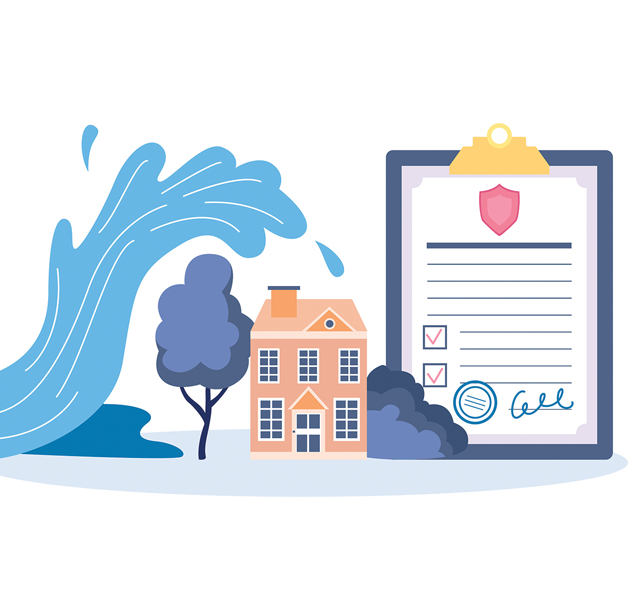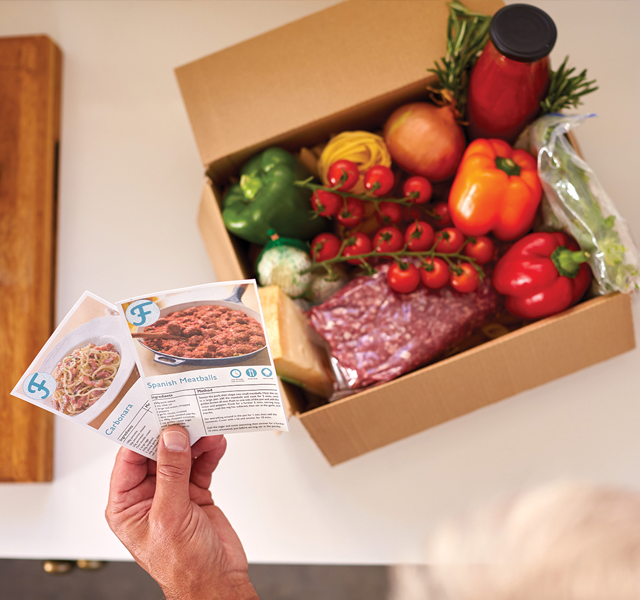The Cardiologist's Wife: Preparing for Natural Disasters
The Cardiologist's Wife: Preparing for Natural Disasters
The recent onslaught of natural disasters across the U.S. has left many of us feeling anxious and worried about our own safety. After all, Northeast Arkansas isn’t immune to the wrath of Mother Nature; many were without power for weeks after the ice storm in 2009, and we’re all too familiar with the destructive power of tornadoes.
The worst part of these storms is the aftermath: no power, no water and little access to food and other necessities. The recent storms in North Carolina teach us that sometimes we have to plan for the future even if we can’t quite imagine it yet. Being prepared minimizes the impact of a disaster for your family afterward and even into the future. Research from Katrina survivors shows that those who struggled to find safe refuge and meet their basic needs were more prone to developing PTSD. Hopefully, you will never experience the destruction of a natural disaster, but there are steps you can take to prepare for the worst and relieve some anxiety: have a plan, have a kit and stay informed.
To formulate a plan, ask yourself these questions. What types of disasters occur in my area and what is the worst that can happen? Do we lose power, internet and phone? Where will we get food and water? How will we connect with family? Where would we go if we had to leave or if our home is destroyed? What will we do if our place of employment is shut down? Is there enough money in savings to cover living expenses for a week, a month? Do we have enough insurance coverage if our car or home is damaged? The answers will help in making a plan.
At a minimum, create a disaster kit that includes water, nonperishable food like canned goods, pet food, a manual can opener, some type of light source such as flashlights and battery powered lanterns, an emergency radio with batteries, first aid supplies including pain relief, hand sanitizer, toilet paper, towels and blankets. Keep cash on hand strictly for emergencies, preferably small bills. You may want to include a fire extinguisher, plastic sheeting, duct tape, tools, phone chargers, face masks, soap, cleaning supplies, prescription medications, feminine products, paper or plastic eating utensils and copies of important family documents like insurance policies or bank account records.
Stock up on food, water and batteries by buying a little extra when shopping, but make sure to rotate this food into regular use so it isn’t a couple of years old or expired by the time you need it. There are plenty of sites online that recommend how much food and water to stock per person, but you can decide what makes you feel comfortable and is doable for your budget and storage space. Store your supplies in a cool, dry place. Keep boxed or packaged foods closed tightly in a plastic or metal containers to keep out pests.
Document your home contents with a video or pictures and store in a safe place. Visual proof of your home before a disaster makes filing claims easier. Keep a list of important phone numbers with your other documents, not just on your phone. Sign up for emergency alerts in your area to receive up to date information from your state and local news sources and governments. Have a plan of where you will evacuate or stay in the event your home isn’t livable and make sure everyone in the family knows so they can contact you. Create and practice a fire escape plan from your home, making sure the children know what to do. Adults in the family should know CPR.
Pets are family, too. In addition to food and water for your pet, get them microchipped in case they become lost. Keep a supply of any meds they take. Have a crate or carrier, preferably for each pet. A collar and leash are musts for each dog.
Gas leaks can cause fires or explosions after a natural disaster. All family members should know how to shut off natural gas but do not attempt to turn gas back on yourself – call a qualified professional. Your gas company can walk you through the process if you don’t know how. If you smell gas or hear a hissing noise, get everyone out quickly. Everyone should know how to turn off the main water valve to your house. Make sure you are shutting off the main house valve so you don’t drain the hot water heaters or toilet tanks. Electric sparks can ignite natural gas if it is leaking. Everyone should know how to shut off the electricity by shutting off all the individual circuits before shutting off the main circuit.
Consider getting a generator, at least one that can power a few appliances like your refrigerator. There are three types of generators. Home standby generators are installed outside the home and run on an existing fuel source like liquid propane or natural gas and can restore electricity in seconds after losing power. These are usually very expensive. A portable generator is more affordable but will only power a few vital items. Their primary fuel source is gasoline, so they need to be well ventilated to prevent carbon monoxide poisoning. Solar generators are great at providing free electricity, but make sure you get the right one for your intended purpose.







